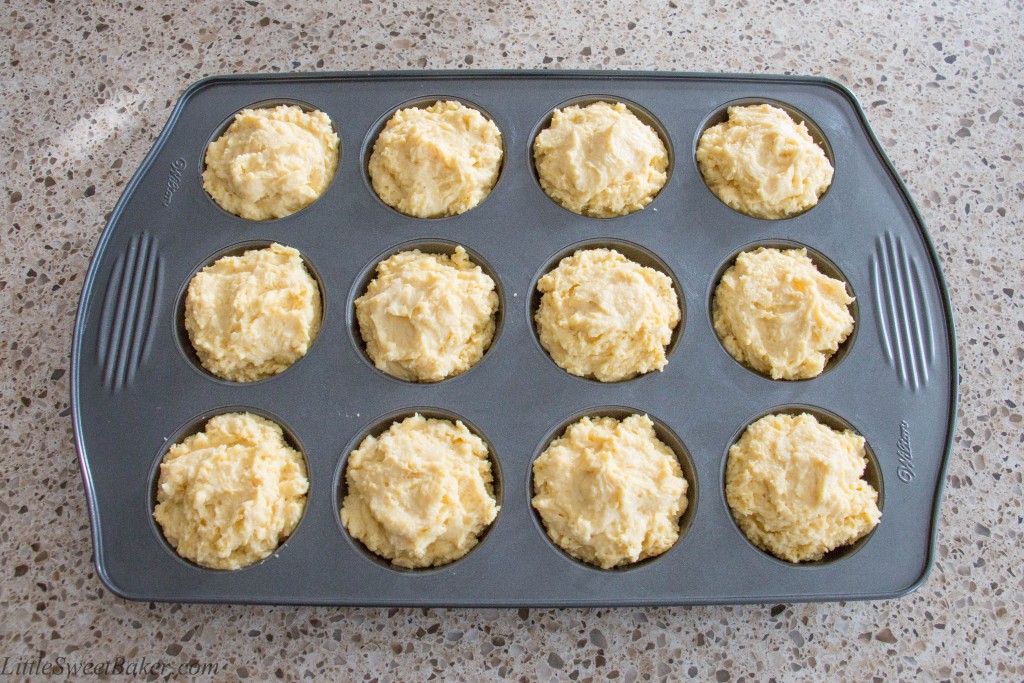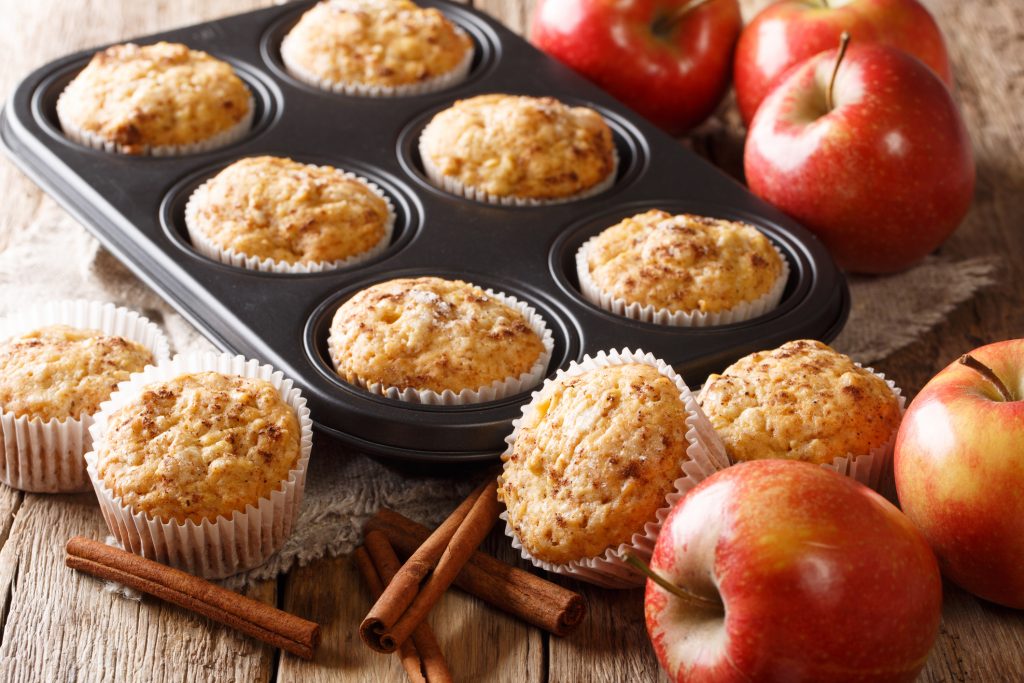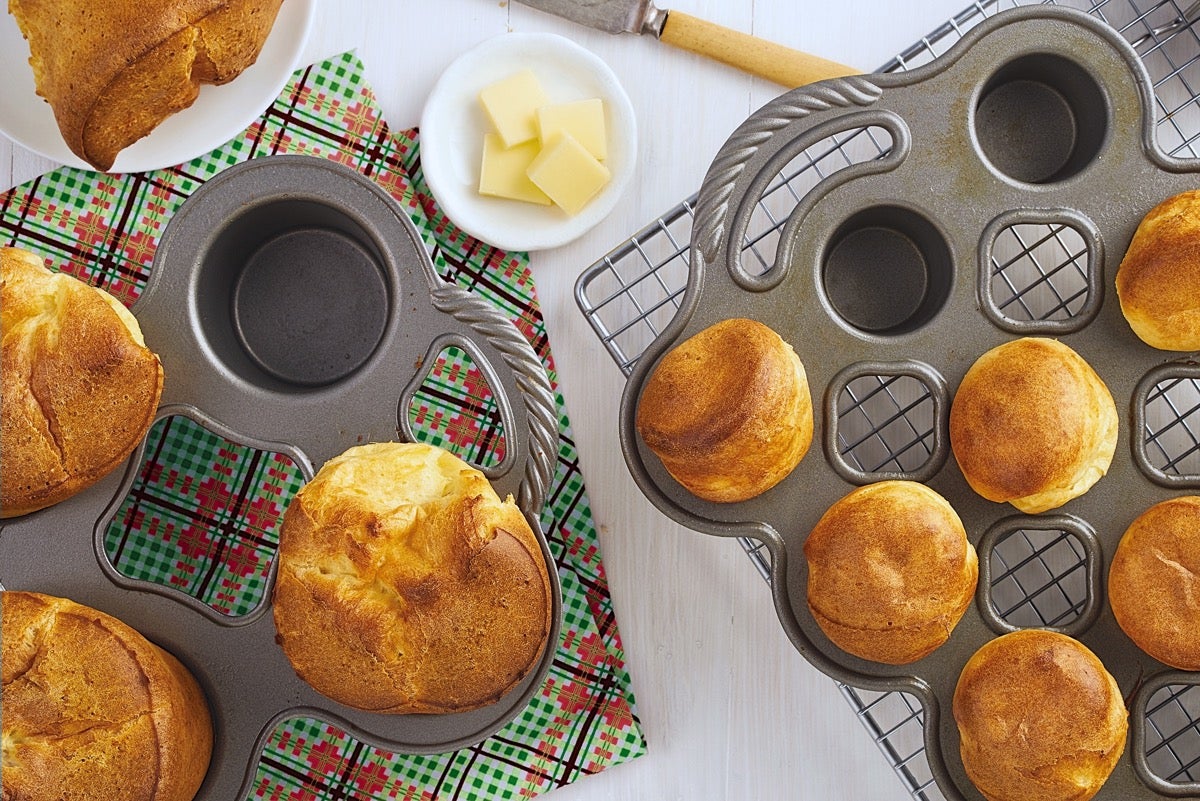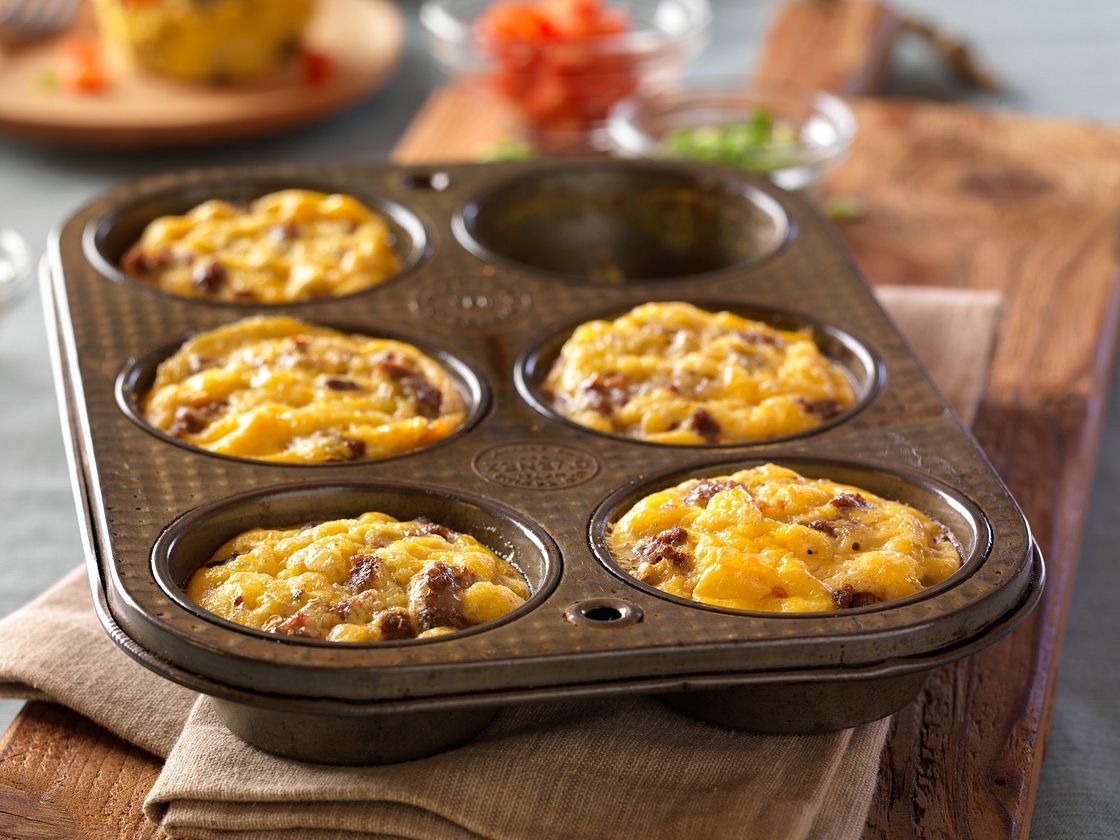In the rapidly evolving culinary world, kitchen professionals are constantly seeking ways to innovate while maintaining environmental responsibility. As a result, sustainable bakeware options have become increasingly popular. These options not only align with eco-friendly practices but also enhance the quality and safety of kitchen creations. In this article, we delve into the best sustainable bakeware choices available to modern kitchen professionals.

The Rise of Eco-Friendly Bakeware
The need for sustainable materials in the kitchen has never been greater. With growing awareness regarding environmental impacts, there is a shift towards using eco-friendly bakeware that reduces our carbon footprint. Materials such as stainless steel, silicone, and glass have risen in popularity due to their recyclability and durability. Unlike traditional non-stick coatings that can pose health risks, these materials offer a safer alternative.
One popular option is cast iron, known for its excellent heat retention and even cooking. For more insights on the benefits of cast iron, you can explore how cast iron pans retain nutrients, which is a vital consideration for health-conscious cooks.
Benefits of Sustainable Bakeware
Choosing sustainable bakeware comes with numerous benefits, both for the environment and your culinary creations. These benefits include:
Durability and Longevity
Sustainable bakeware is typically made from high-quality materials that withstand the test of time. For instance, stainless steel and cast iron are renowned for their durability, ensuring they remain functional for decades. This longevity reduces the need for frequent replacements, ultimately conserving resources.
Health and Safety
Traditional non-stick bakeware often contains harmful chemicals such as PFOA and PTFE, which can leach into food at high temperatures. In contrast, sustainable options like glass and silicone are free from these chemicals, making them safer for cooking and baking.
Environmental Impact
By choosing bakeware made from recyclable materials, you contribute to reducing waste in landfills. Furthermore, the manufacturing processes for sustainable bakeware often have a lower environmental impact compared to conventional methods. For those interested in exploring more eco-friendly practices, the comparison of cast iron and Teflon pans offers valuable insights into sustainable cookware choices.
Sustainable Bakeware Materials
Understanding the materials used in sustainable bakeware is crucial for making informed decisions. Here are some of the most common materials:
Stainless Steel
Stainless steel is a popular choice for its strength and resistance to rust and corrosion. It's ideal for baking sheets and roasting pans, providing even heat distribution and easy maintenance.
Silicone
Silicone is a versatile material used for baking molds and mats. It's flexible, non-stick, and can withstand high temperatures, making it an excellent choice for various baking needs.
Glass
Glass bakeware is valued for its transparency, allowing you to monitor the cooking process. It's perfect for casseroles, pies, and other baked dishes, ensuring even cooking and easy cleaning.
Innovative Sustainable Bakeware Solutions
Beyond traditional materials, innovative solutions continue to emerge, offering kitchen professionals new ways to incorporate sustainability into their practices. For example, bamboo fiber bakeware is gaining traction for its biodegradability and lightweight nature. Additionally, recycled aluminum bakeware provides a strong, eco-friendly alternative to standard aluminum pans.
For those interested in creative baking ideas, exploring unique muffin cup recipes can inspire sustainable culinary creations.

FAQs on Sustainable Bakeware
What makes bakeware sustainable?
Sustainable bakeware is made from eco-friendly materials, such as stainless steel, silicone, and glass, which are durable, recyclable, and free from harmful chemicals.
How can I ensure the longevity of my bakeware?
To extend the life of your bakeware, follow manufacturer care instructions, avoid using metal utensils on non-stick surfaces, and store items properly to prevent damage.
Are there any disadvantages to using sustainable bakeware?
While sustainable bakeware offers numerous benefits, some materials, like glass, can be prone to breakage. However, with proper handling and care, these risks can be minimized.
In conclusion, embracing sustainable bakeware options is a significant step towards a more eco-conscious and health-oriented kitchen. As kitchen professionals continue to innovate, these choices not only support the environment but also enhance the quality of culinary creations.
This article contains affiliate links. We may earn a commission at no extra cost to you.






Leave a comment
This site is protected by hCaptcha and the hCaptcha Privacy Policy and Terms of Service apply.